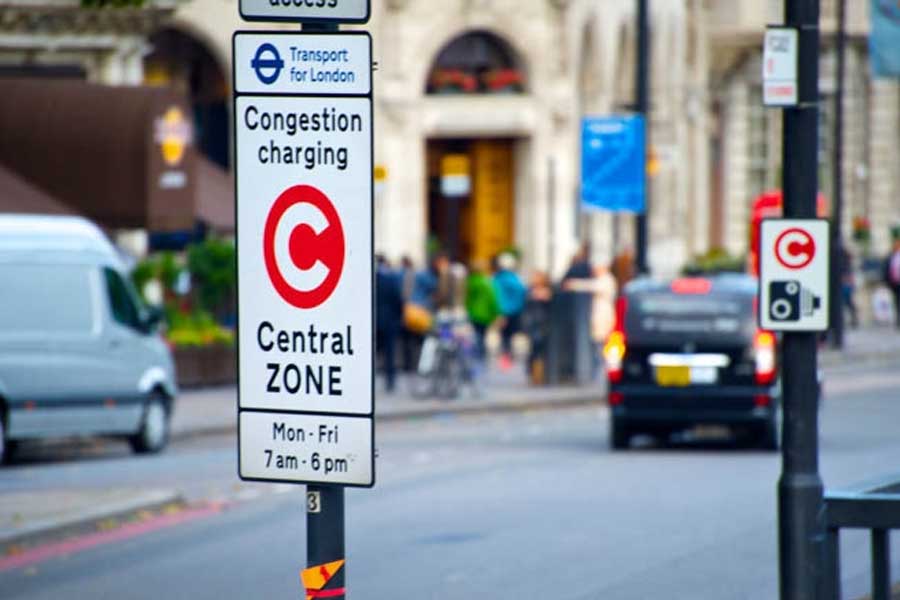It can be hard for downtown retailers to compete with big box stores in the burbs. That’s why a lot of cities like to offer free street parking on “black Friday.”
It sounds good in theory. But in practice, giving away parking might not do much to help central business districts, or their patrons.
Citing ecologist Garrett Hardin and economist Donald Shoup, Clevelander Tim Kovach writes today about his disappointment in seeing this policy pursued by some local politicians:
I have no doubt that having to pay for parking keeps some people from coming downtown. But are people who base their shopping choices around whether or not they have to spend $2-3 to park their cars really likely to spend a lot of money on retail purchases?
Secondly, providing free on-street parking for retail businesses does not appear to increase actual retail purchases. When free parking is available, people who are not shopping may access it and those who are shopping will tend to remain parked for longer periods of time. Retail businesses depend upon customer turnover to increase their sales. Research from the Netherlands has demonstrated that higher prices for retail parking increases shopper turnover, which can lead to higher retail sales. Accordingly, Councilman [Zach] Reed’s plan to increase retail sales may have the opposite effect.
Lastly, providing free parking creates an inequity issue for people who do not own a car. As I’ve noted before, more than one-quarter of Cleveland households lack access to a vehicle. Yet, because the cost of parking is already factored into the price of retail goods, these individuals will have to pay for the hidden cost of parking, despite the fact that they will not take advantage of it. Ohio’s transportation policies are already skewed heavily enough towards driving. The round-trip cost of taking public transportation to Tower City ($4.50 per person) is higher than the price for two hours of on-street parking. Requiring the City to pick up this tab only serves to widen the gap between drivers and non-drivers.
Elsewhere on the Network today: Pennsylvania Walks and Bikes reports that after multiple failed attempts, the commonwealth has passed a transportation package that seems to be a winner for transit, biking and walking. Streets.mn urges Cincinnati to complete its embattled streetcar. And Cyclelicious considers the fairness of laws that require cyclists to keep “far to the right.”
Photo: Tower City Mall via All Things Cleveland






